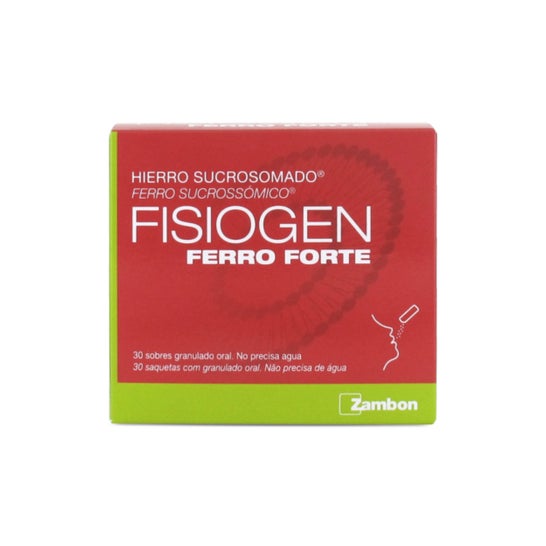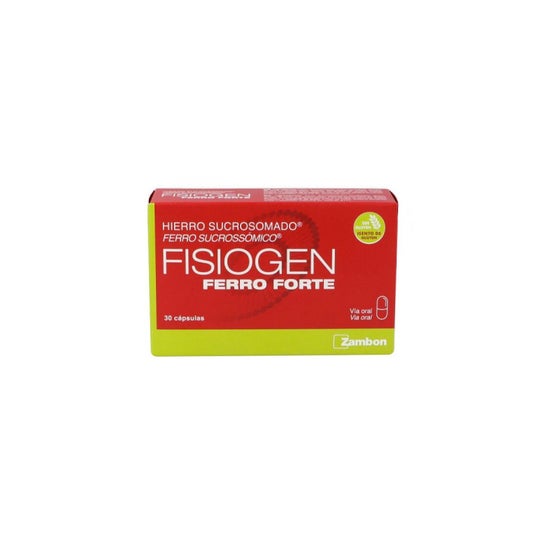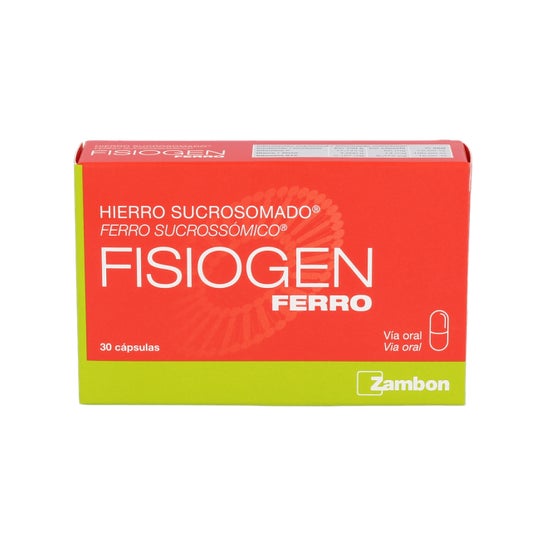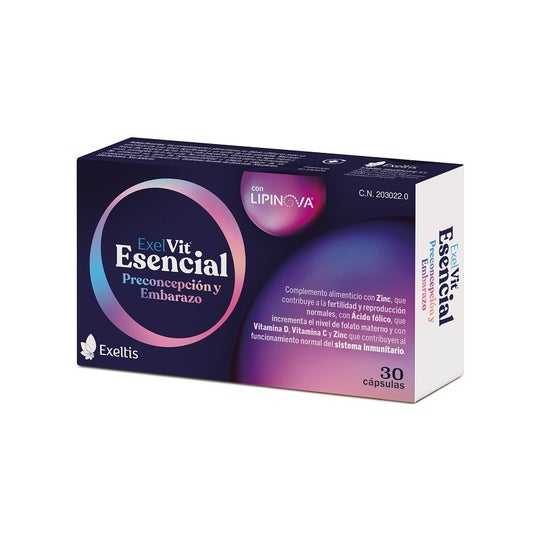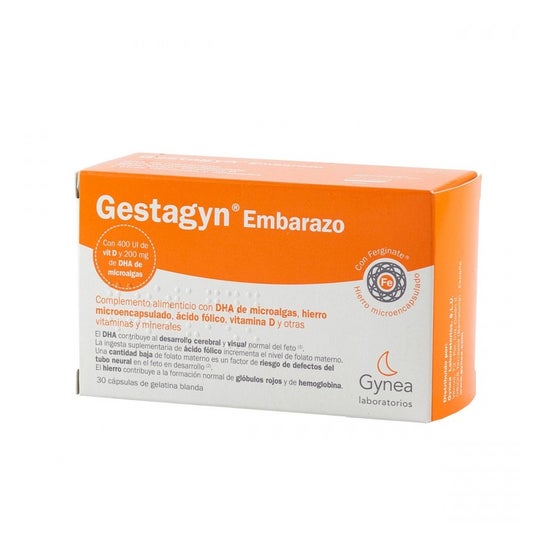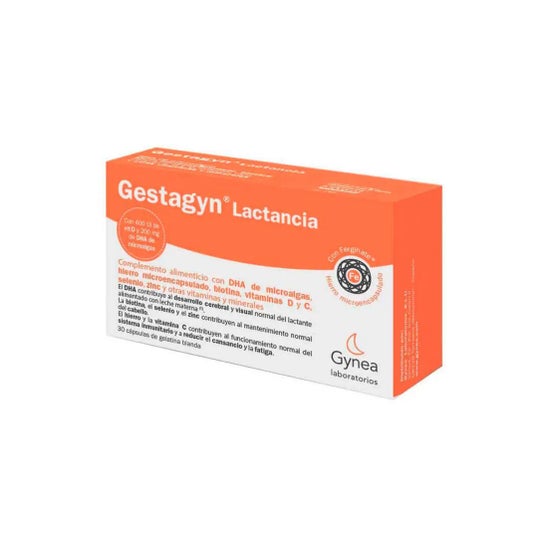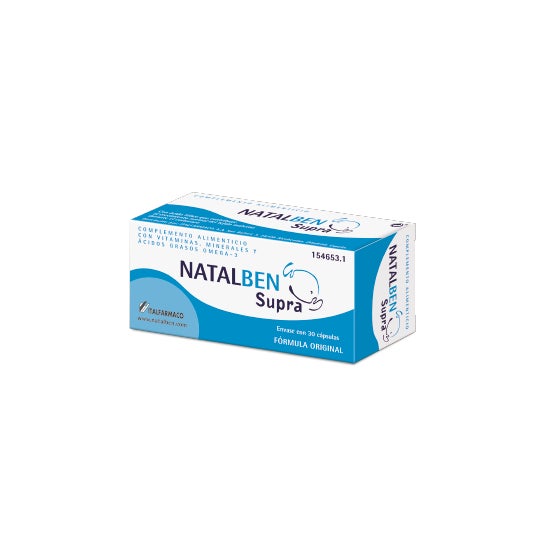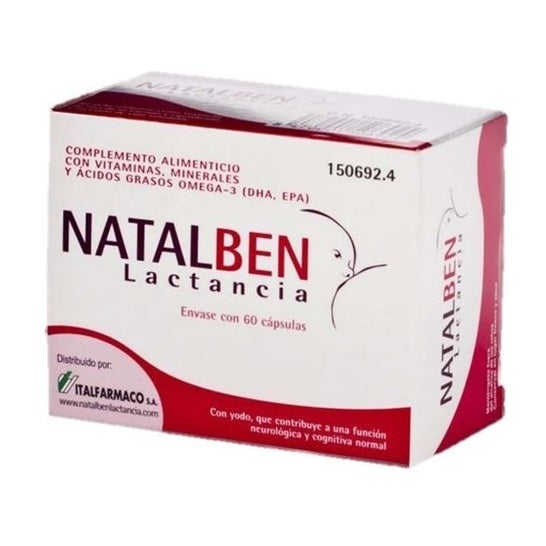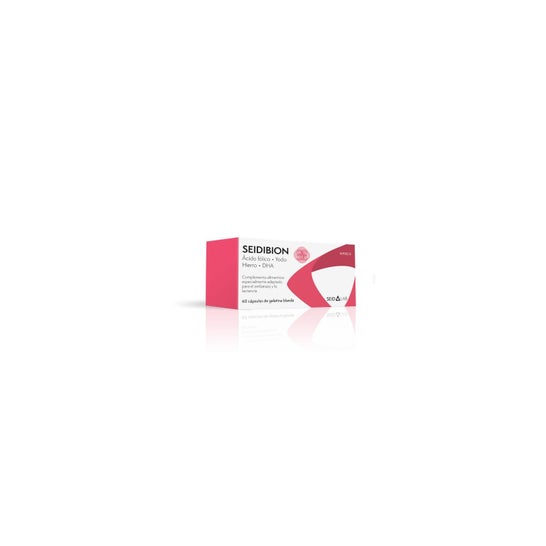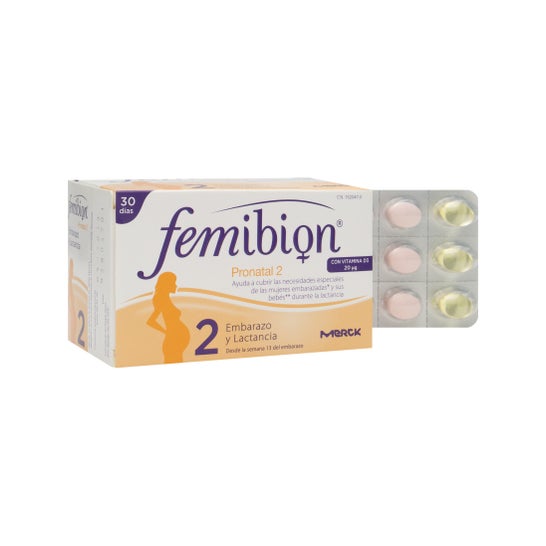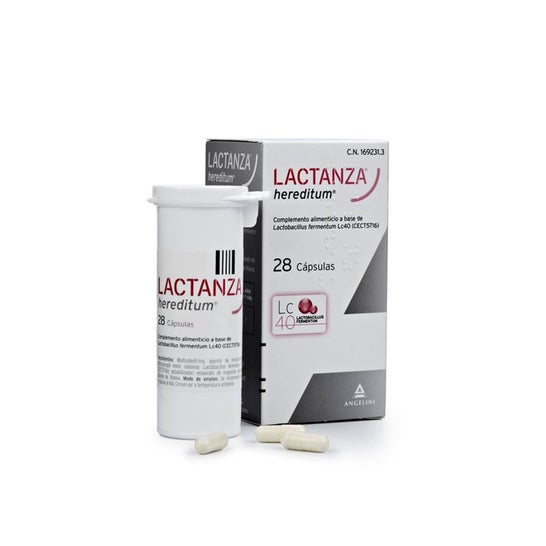Iron is a key mineral for people, as it is present in haemoglobin and myoglobin, proteins that transport oxygen in the body allowing its correct development.
It is necessary to incorporate iron through the diet. Food sources of iron are: meat, seafood, eggs, legumes and nuts. I recommend that you combine iron-rich foods with acidic foods (such as orange or lemon juice) to improve its absorption. Iron deficiency can lead to iron deficiency and iron deficiency anaemia. During the years of menstruation, as well as in pregnant and lactating women, it is important to keep a special control on iron levels, as it is also very necessary for the newborn. On the other hand, keep in mind that supplementation with other minerals (such as zinc or calcium) can also compete with iron absorption. Finally, there may be a deficiency as a result of certain intestinal problems.
To maintain the necessary iron levels, and if there are no blood losses that need to be corrected, it is enough to maintain a varied diet. In the event of a deficiency, it is important that you follow the advice of a health professional regarding taking a food supplement with iron or, in more severe cases, medication. Avoid supplementing with this mineral without knowing if you have a lack of it in your body.



